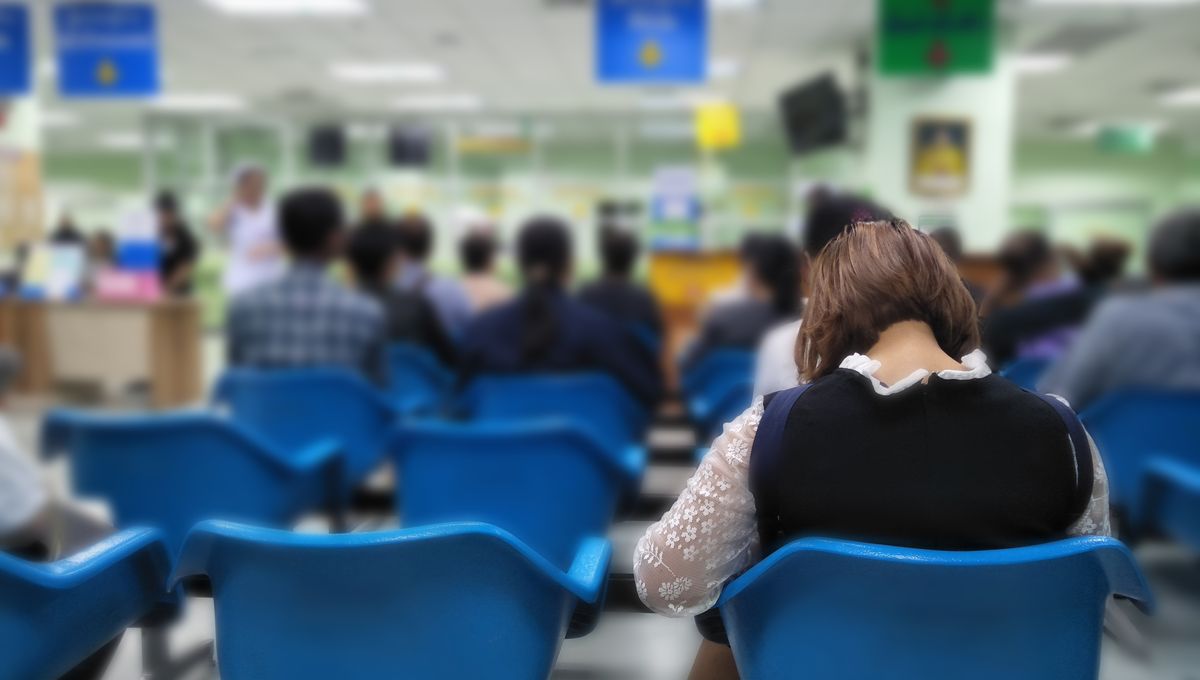
Women wait longer than men to receive medical care in hospital emergency departments and are less likely to receive pain medication for the same complaints, a study has found. The research reveals a troubling and “significant” sex bias in how medical staff perceive a patient’s pain.
Gender and sex inequality in medicine is a well-documented phenomenon. It goes right back to the research that all of our medical treatments are based on – much of our historical anatomical knowledge was gleaned by dissecting only male bodies, and females continue to be underrepresented in preclinical and clinical trials.
Numerous studies have found that this bias persists throughout the medical establishment, leading to misdiagnoses and inappropriate treatment for women when their medical issues don’t fit preconceived male-biased patterns, and conditions that primarily or exclusively affect female bodies being under-researched.
Now there’s a new strand of evidence to add to this disheartening picture. A team of scientists from the US and Israel studied medical records pertaining to more than 21,000 patients who had attended hospital emergency departments complaining of pain. The picture that emerged was one of notable sex-based disparities in treatment.
Women were 10 percent less likely than men to have a recorded pain score – the number from one to 10 that helps patients give medical staff an indication of pain severity. The women also had to wait in the department for an average of 30 minutes longer than the men; and even when adjusting for pain scores and other variables, women were less likely than men to be prescribed painkillers.
In short, as co-author Dr Alex Gileles-Hillel put it to Nature News, “Women are viewed as exaggerating or hysterical and men are viewed as more stoic when they complain of pain.”
These same trends existed regardless of the gender of the nurse or doctor treating the patient. Some previous studies have found that female doctors and surgeons produce better outcomes for patients, but these findings suggest that preconceptions about female pain are so deeply ingrained that they color medics’ judgment, regardless of their own gender.
In the second part of the study, the authors performed a controlled experiment with 109 nurses using clinical vignettes, which are case studies that are used as part of clinical training. This again revealed that pain was deemed less intense when the nurses were told that the patient in the scenario was female.
“Our research reveals a troubling bias in how women’s pain is perceived and treated in emergency care settings,” said corresponding author Professor Shoham Choshen-Hillel, in a statement emailed to IFLScience. “This under-treatment of female patients’ pain could have serious implications for women’s health outcomes, potentially leading to longer recovery times, complications, or chronic pain conditions.”
The authors are calling for training to help healthcare workers recognize and address their sex biases. One option that Dr Gileles-Hillel suggested to Nature News could be a computerized alert that prompts doctors to prescribe pain relief whenever a patient – of any gender – reports a high enough pain score.
The message from the findings is clear: hospitals should take another look at the pain management protocols to ensure that all patients who come through their doors receive equal access to care.
The study is published in the Proceedings of the National Academy of Sciences.
Source Link: Women Less Likely Than Men To Get Pain Relief In The ER – And They Wait Longer